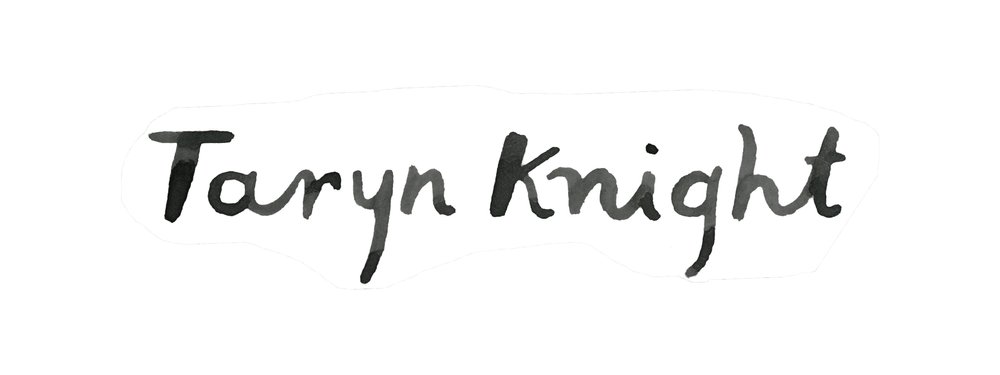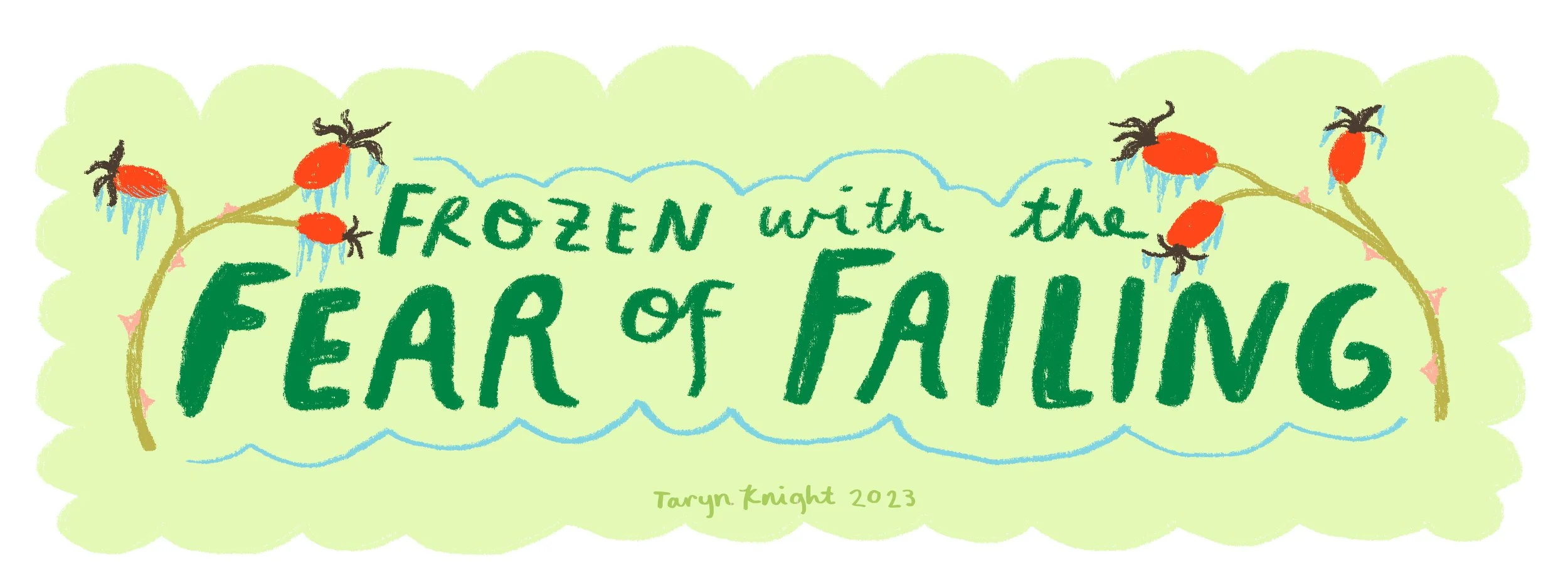It’s been a while! I’d hoped to kick off the year by dusting the cobwebs off of this poor neglected blog but couldn’t quite manage it last month. Still, better a month later than never! Initially, I’d started this blog with the intention of writing a new post every month. Eventually, it got to be a bit much to handle. I don’t intend to abandon it by any means, but perhaps just write and post at whatever pace feels less strenuous, so as to be able to put as much care and thought into them as I can as ideas crop up organically. With that said, onward we go!
Afraid to start
A while ago, someone approached me with a question: How do I even begin in art? I’m scared of messing up. I thought of that question and how it might make a really good topic for a post and how it seemed to align rather perfectly with what I’ve been feeling in my own practice these days. I think it’s something that affects many of us, from beginner to folks who’ve been creating for decades. There’s a sort of panicky, “stuck still” feeling that comes with being afraid in the creative process, whether you’re scared to mess up, worried about wasting time, or feeling the pressure to “make something amazing, or else no one will like it!”. So, I thought I’d share some thoughts on perfectionism, making mistakes, and so on.
you may never feel fully prepared to start something
If you wait until you feel entirely prepared, until you have enough skill, enough knowledge, the “right” tools…you’ll never move forward. Nothing will ever happen. It’s easy to lose heart and postpone starting something to spare ourselves the possibility of failing or any negative outcome, conjuring up a dozen reasons to delay until we feel prepared. Until we have the right tools. More time. More knowledge. The truth is, you may never feel fully prepared to start. If you wait until you feel entirely confident and ready, until you have enough skill, enough knowledge, the “right” tools…you’re going to stay rooted to the same spot. Protecting yourself from failure and disappointment in this way will only ever stifle your creative spark. There is so much more to be gained from messing up than there ever could be by simply standing still. You may take a step or two back before taking a step forward, but what’s important is that you keep on moving. If the words practice and patience make you feel apprehensive, you may be holding yourself back for fear of failing.
If at first you don’t succeed…
…rage-quit and stubbornly start again after a bit of wallowing. Just kidding, but that really is my routine sometimes! I’d recently taken up sewing again after a looooong hiatus following a project that went really awry. Immediately I encountered another failure, and another. This last one was especially frustrating, riddled with mistakes, and seemed to be the last straw at the end of an already trying week—recipes had failed, paintings fell flat…you’ve all probably been there at some point. The problem wasn’t even about art or cooking or sewing anymore, I found every reason to doubt and blame myself personally and often wondered whether it was worth the effort in the first place if the end result merited so little success, at least in my own eyes. In the end, I simply try again. The reason why I’m bringing this up is because it describes exactly how it feels to develop a creative skill. Failing may feel like a misstep, but it’s a step, nonetheless, and the first step to becoming better at something. It’s where each and every one of us begins. I’m no believer in natural talent when it comes to art, I like to think of it as a path that’s available to anyone who wants to take it and that the spark often called natural, gifted skill is really at its core more of a unique, individual passion. Maybe not everyone has it. But if you’re here reading this (hello!), chances are you’re either already an active artist or someone deeply interested in beginning your creative journey. You already have it in you to create the work that only you can bring into the world, there is nothing lacking that can’t be acquired through time and practice. That doesn’t mean it’s easy by any means, and many might give up along the way. If you’ve a will to create that’s strong enough to keep you from giving up, you’re all set. You have that spark. You don’t need talent to reach your goals, you don’t even need to be super “good” at something before you can enjoy it and reap the benefits.
What I’m saying is, mistakes are inevitable. Sometimes they’re happy ones, sometimes they’re heartbreaking. Making mistakes repeatedly doesn’t mean art “just isn’t for you”, it’s the giving up forever part. If we all avoided mistakes by simply never trying, no art would be made. No new recipes would be cooked. No music would be written. There’s a broad spectrum of creative mediums out there, but they all share one thing: results are born from practice and time, no one is exempt from the opportunity to simply start.
a trap of one’s own making
One of the main things that inhibits growth as an artist is perfectionism to a fault. Being what you might call a chronic overthinker and perfectionist when it comes to my work, there’s a very fine line between being motivated by a desire to do better and being stunted by rigid perfectionism. A lot of creators have probably experienced the frustration of trying to recreate a rough sketch as a polished piece, only to realize they like the one that took only five minutes so much more than the one that took hours. The key difference is that one of them was drawn without self-inflicted inhibitors, like pressure, nerves, overthinking, and so on. I often tend to forget that the mental aspect of creating plays an ENORMOUS role in the outcome of the art itself and how we feel about it. The thing standing in the way of us losing ourselves in the process and truly enjoying the journey is often just…ourselves. It’s going to take some self-discipline to push through the fear of making mistakes, but it’s so rewarding. There is infinitely more delight to be found in this twisting, winding part of the process than there ever could be in walking a tightrope of constraining perfectionism. If we could find more stimulation and joy in the process, letting go of fear and “what-if”s…the end result wouldn’t feel so make-or-break, thus reducing the negative feelings we experience like anxiety while creating, overthinking, and ultimately, the fear of making mistakes. Fear paralyzes. Approaching the process of whatever you’re doing with curiosity can help keep you interested and motivated to keep going, to experiment and truly enjoy making art. Be patient with yourself.
And so, that concludes this quick little blog post opening the month of February. I hope you enjoyed it and that perhaps something said here sparks inspiration in your own practice or maybe brings something to light that can be of help to you. It’s wonderful to post again, I’ve missed writing to you! Have a wonderful start to your month, I hope you’ve many delightfully frosty mornings and steaming cups of cocoa in your near future.
With love,
Taryn




